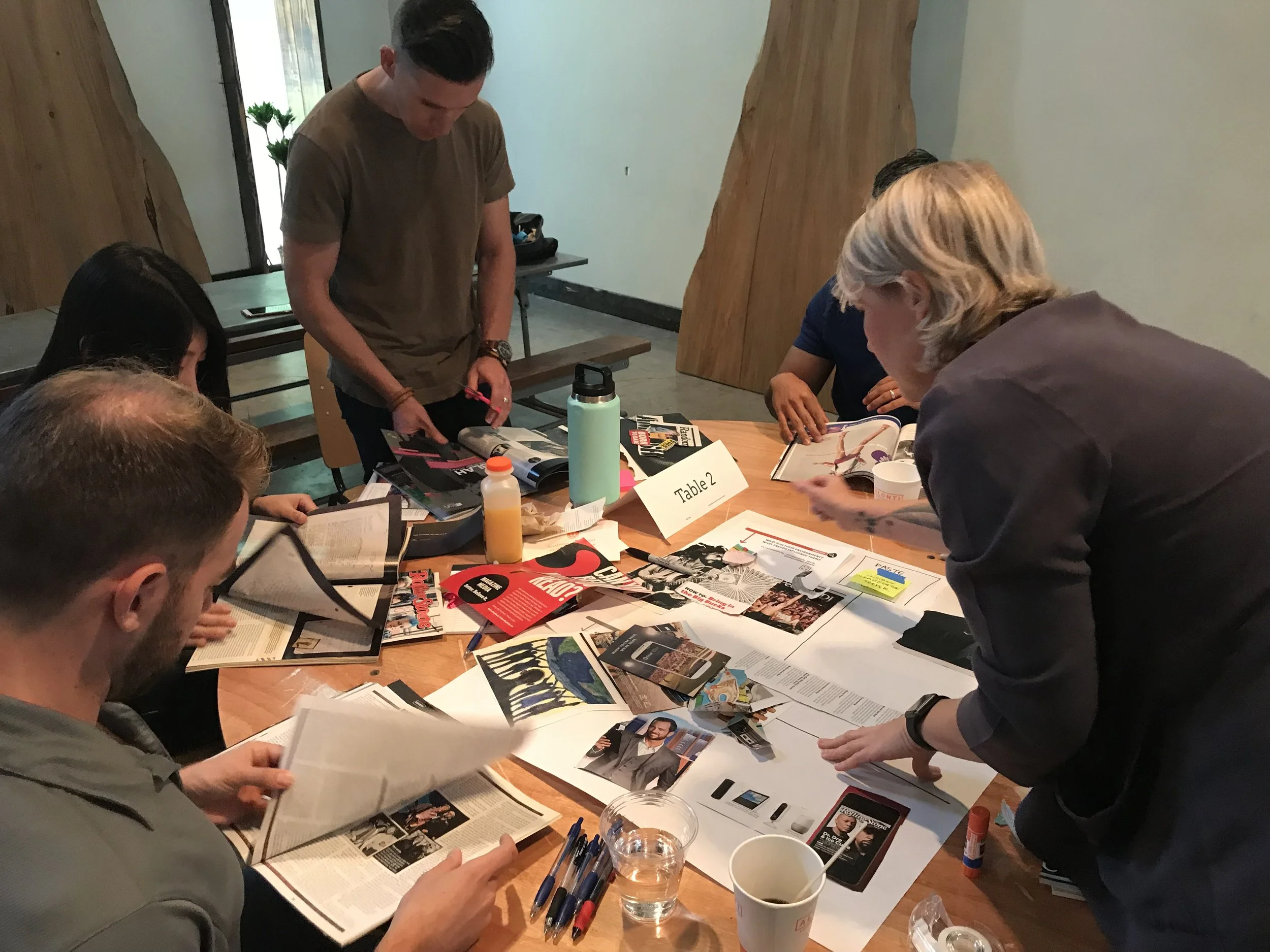Participate in the STOA Co-Design Workshops
Help shape the ethical infrastructure for the internet’s next decade. Weekly sessions start November 6th and end December 4th, 2025.
Why Participate
As a founding contributor, you’ll help define how transparency and trust function online. Your insights will be cited in the STOA white paper and the accompanying open-source specification.
You’ll be part of a small, interdisciplinary group — journalists, ethicists, designers, and technologists — collaborating across continents to write the next chapter of digital governance.
Contributors are publicly acknowledged on the STOA website and in presentations at RightsCon Lusaka (May 2026) and HCI International (Montréal, July 2026).
The STOA workshops are more than research sessions — they’re the start of a standards movement. This is your invitation to help build the ethical infrastructure beneath the internet’s future.
What to Expect in a STOA Co-Design Workshop
These aren’t presentations.
They’re design labs.
Each 90-minute session is an active, hands-on exploration — part conversation, part collaborative prototyping.
Participants don’t just discuss ideas — they create shared artifacts, such as visual maps, ethical frameworks, and data models, that directly shape the STOA Prototype.

How It Works
-
Jessica (STOA’s founder) introduces a brief framing question — a provocation rooted in real-world challenges, including misinformation, moderation bias, or the limits of current trust frameworks.
You’ll see a few examples, not slides or lectures — enough to spark ideas. -
In small groups or shared Miro boards, participants:
Identify key tensions and trade-offs.
Map how context, consent, and harm intersect.
Sketch early design principles or schema ideas.
It’s visual, messy, and generative — no passive listening.
-
Together, we cluster insights into themes that inform the STOA specification and CSOM data model.
The facilitator captures all contributions in real time for inclusion in the open design archive. -
After the session, you’ll receive a visual summary and short reflection prompt.
Your contribution will become part of the collaborative record that feeds into the February 2026 Proof-of-Concept Whitepaper, which will be publicly shared at the HCI International Conference in Montreal in July 2026.
Co-design brings experts out of theory and into system-building.
“We’re not just talking about what ethical technology should be — we’re prototyping how it could work.”
It transforms abstract ethics into interfaces, protocols, and feedback loops that can actually exist in the world.
This format also ensures that every participant — whether academic, journalist, or technologist — leaves a visible imprint on the final artifact.
You don’t need any software skills. We’ll use FigJam for visual collaboration and Zoom for discussion. Everything is guided — you’ll have digital sticky notes, canvases, and shared templates ready when you log in.
After Each Workshop
You’ll receive a session summary, including visual maps and synthesis notes.
Your contributions will be integrated into the STOA Requirements Report (Dec 2025).
You’ll be credited as a contributor in the STOA Proof-of-Concept Whitepaper (Feb 2026) and the HCI International 2026 presentation.
STOA Co-Design Participant Form
The details you share here will help us organize session groups, ensure interdisciplinary representation, and accurately acknowledge your contribution in STOA research publications.
Your personal data will be stored securely and used solely within the scope of this study; it will not be shared or distributed outside the research team.


